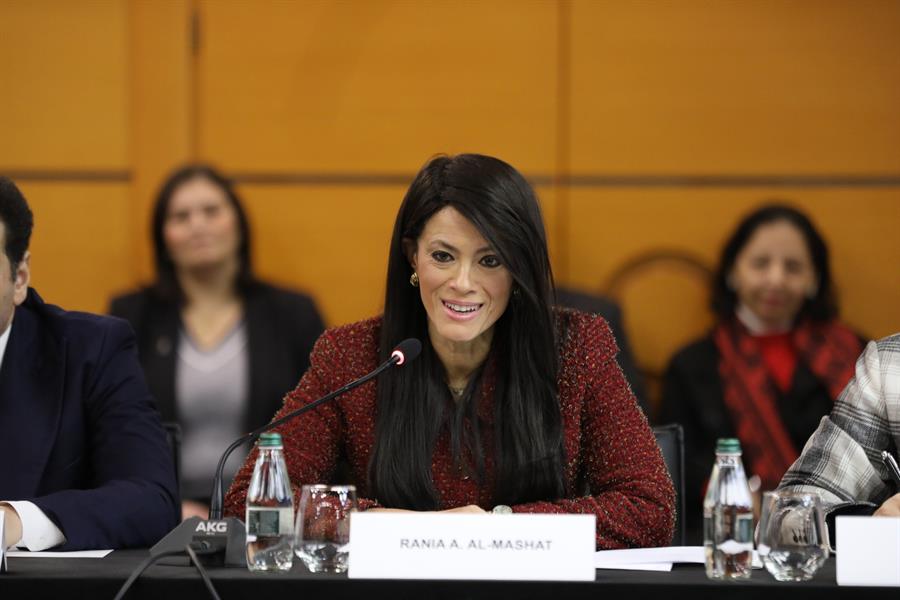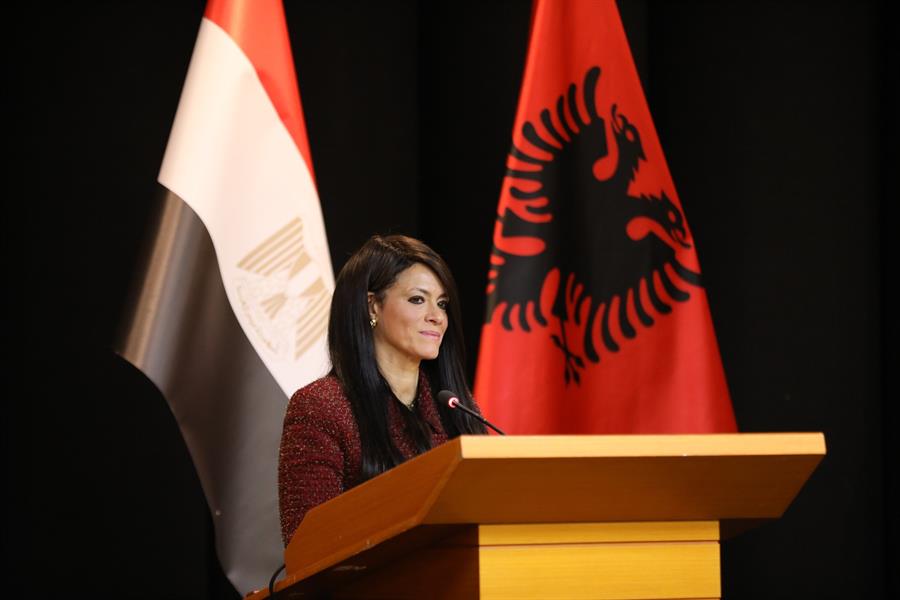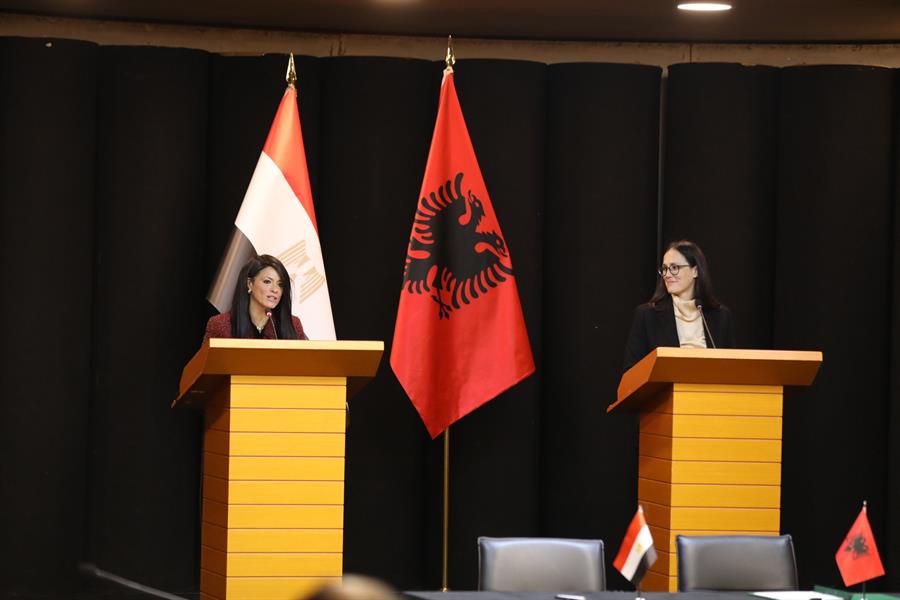Egypt Award for Gov't Excellence follows up on the final judging process for the internal awards at Mansoura University

27 September 2023
Egyptian Award for Gov't Excellence held a meeting chaired by Ambassador Hisham Badr, Deputy Minister of Strategic Partnerships, Excellence and Initiatives Planning and General Inspector of the Egyptian Government Award for Excellence with Mansoura University, chaired by Dr. Sherif Youssef, Rector of the University, supervising the final evaluation process of the Mansoura University Internal Awards of the Government in the class of universities and working groups.
The meeting witnessed the presence of Soha Saeed, Director of the Egyptian Government Award for Excellence, Dr. Mohamed Mohammadi, Director of Evaluation and Quality, and Dr. Mohamed Abd Rabbo, Dean of the Productivity and Quality Institute of the Arab Academy for Science, Technology & Maritime Transport.
During the meeting, Ambassador Hisham Badr praised the cooperation of the university administration, the pioneering role in the implementation of the standards of excellence of the university, and the active participation in the national excellence award in its previous sessions. He congratulated the chancellor of Mansoura University on the achievement of the Faculty of Engineering of the Republic of Egypt in the third session.
Ambassador Hisham Badr pointed out that the launch of the second phase of the internal award system is a continuation of the internal excellence process of several government agencies, which aims to deepen the culture of excellence and increase the spirit of competition.
Dr. Sherif Khater said that the university strives for excellence in its strategic plan to achieve the sustainable development vision of Egypt 2030 under the patronage and interests of the President of the Republic Abdel Fattah El-Sisi Egypt Award for excellence in public administration and the willingness of the Egyptian state to promote the competitive spirit of employees of the public administration machinery and encourage their creative ideas.
Khater reviewed the main features of Mansoura University as it is the first public university to be accredited by the National Education Quality Assurance and Accreditation Authority. It includes 18 different specialized colleges, 170,000 undergraduate students, and 40,000 graduate students.
He also gives an overview of the achievements of the university and receiving various awards and many centers in various fields and disciplines. The university took first place in digital transformation. The Communication and Information Technology Center also won first place for the best interactive website, and the College of Technology won first place in the higher education category at the Egyptian university level, best innovative university at the Delta university level, and first place at the best ecological university.
The arbitration procedure reviewed the mechanisms used to implement internal decisions and the work phases starting from the training phase and the presentation of applications for appointment.
The evaluation stages followed when an electronic system was introduced to manage the evaluation process, after which the final results were presented. The evaluation group and the quality committee examined the strengths and development opportunities of the qualified colleges, after which the final recommendations were made.
It is worth noting that 14 higher education institutions, 6 higher education institutions, and 21 working groups reached the field visit stage at the Institutional Excellence Awards "Category of Government Colleges", so 10 working groups qualified for the field visit to reach the top three to compete nationally for the Egyptian Government Award for Excellence in the next session, 2024.









